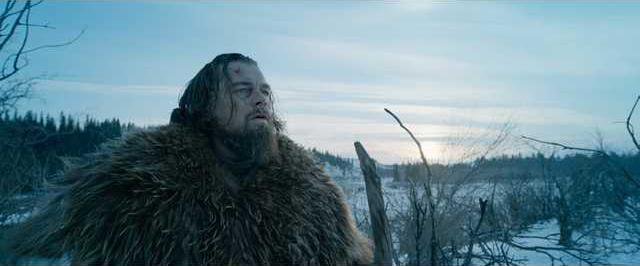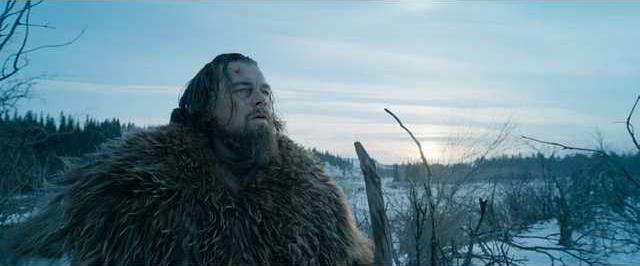Kung Fu Panda 2
Rated: PG
Starring: Jack Black, Angelina Jolie, Dustin Hoffman, Gary Oldman, Seth Rogen, Jackie Chan, Lucy Liu, David Cross
Runtime: 1 hour, 35 minutes
Bottom line: Enjoyable but not quite as good as the first
When Dreamworks released "Kung Fu Panda" in 2008, no one predicted its success. "Shrek" was still the studio's favorite franchise, and American animation studios had encountered little success translating Asian themes.
The movie won us over, though, with boundless positivity and perseverance, beautiful animation and rapid-fire in-jokes. The studio very wisely said goodbye to "Shrek" and built a franchise around Po (Jack Black), a cuddly panda and martial arts fanboy.
"Kung Fu Panda 2" is a very different movie than its ancestor, but it holds on to most of the things we liked about the original.
Po is now the famed Dragon Warrior, the prime protector of the Valley of Peace. He continues to train with Shifu (Dustin Hoffman) and fights alongside the Furious Five: Tigress (Angelina Jolie), Mantis (Seth Rogen), Monkey (Jackie Chan), Crane (David Cross), and Viper (Lucy Liu).
Po's life is awesome (his favorite word), except he has not attained the highest level of kung fu mastery, inner peace.
This is the weakest element of the story. It isn't exactly respectful of Asian philosophy to boil down everything to a buzz phrase, and it misses the point entirely to suggest that inner peace is something to "achieve" in the first place.
To "find" inner peace, Po must learn more about his birth parents. He finally recognizes that Mr. Ping (James Hong), a goose, is not his father, which opens up all sorts of questions.
Just as Po begins to wrestle with those issues, a villainous peacock named Lord Shen (Gary Oldman) emerges with plans to use a secret, unstoppable weapon to conquer China and destroy kung fu. As fate would have it, Lord Shen also holds the key to Po's identity.
Po must look to his past and uncover the secrets of his mysterious origins; only then will he be able to unlock the strength he needs to defeat Lord Shen and save China.
"Kung Fu Panda 2" doesn't go for laughs nearly as often as it aims for the heart. This is a much darker, more emotional movie than the franchise starter.
It is rated PG, but it's more intense than many PG movies. This might not be a good choice for preschool age children.
While the movie doesn't necessarily pay due respect to the philosophy it plays around with, it does honor Asian artistic style and gives several nods to animation innovators. Director Jennifer Yuh Nelson and her crew have made a beautiful, distinctive-looking movie, if nothing else.
Nelson might be the first woman to direct an animated movie with a blockbuster budget (it's certainly a first among the major American animation studios), and it's nice to see something with a slightly different sensibility.
Nelson also smartly kept the fan side of Po's character. He might be famous now, but he is still just happy to be among his heroes.
The 3D enhances certain scenes, but I would only pay extra for it if you are already a fan of 3D.
A question we should always ask is whether a sequel is necessary. Does it take the characters someplace new?
The verdict is partially still out for "Kung Fu Panda 2." Yes, Po explores his younger years and delves into the mystery of his identity. But he did a fair amount of that in the last movie, too. And perhaps this movie's biggest flaw is that to a certain degree, it seems like a set up for future sequels.
Po's exploration of his origins has only just begun. Beyond one very touching scene involving his mother, Po doesn't really learn much about himself, who his parents were, or other pandas.
No, we're going to have to come back for "Kung Fu Panda 3" to watch Po complete his personal journey. I haven't quite found peace with that, but I'll keep looking.
Jeff Marker is a media studies professor at Gainesville State College.




